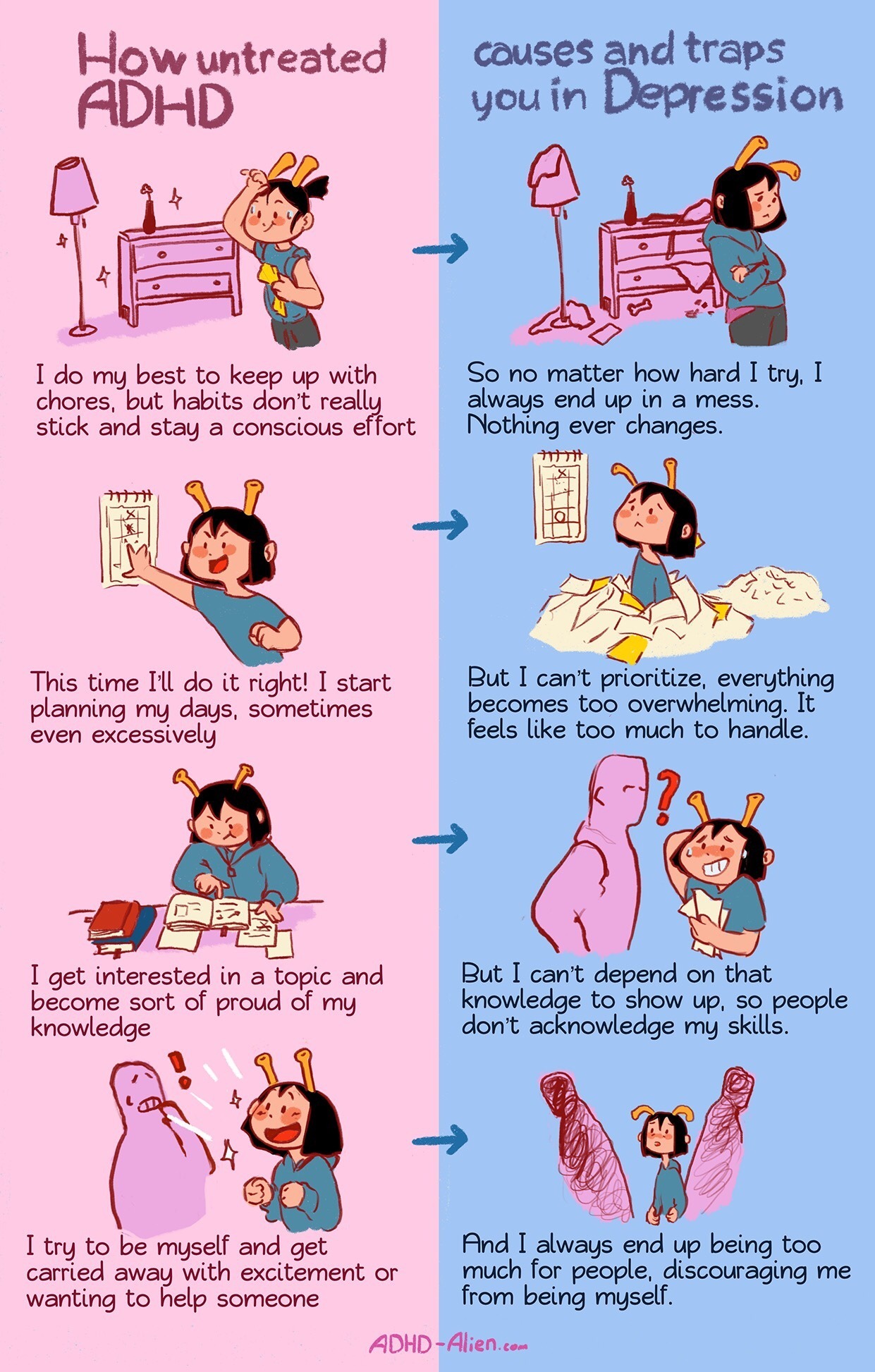I have both autism and ADHD, and whilst it’s difficult to draw the line between the two, I do have some instances of inertia that feel more ADHD flavour than autism. I’ve also seen many of my ADHD friends struggling with something like this too, but it seems like it works differently than autistic inertia.
I think that there’s a decent chance that understanding autistic inertia will help us to understand ADHD inertia, even if they’re distinct modes







A few years ago, I read about how Mary Molony was an Irish Suffragette who disrupted a speech Winston Churchill was giving in Dundee by ringing a bell every time he tried to speak. She wanted him to apologise for remarks he had made about the women’s suffrage movement.
I remember when I read this, it reeked of something awesome that you find online that’s actually false (the story was shared on social media via a captioned photo with no sources), so I went digging for a proper source to check. I found some newspaper articles from 1908 and I learned that this event did happen, but also that people fucking hated Molony for this. There was a lot of “see, this is why everyone hates the Suffragettes”. (Sorry for saying this and then not sourcing)
It makes sense that people would be salty - Churchill was an asshole, but also a great orator, so I can see why one might be disappointed in missing the chance to see him speak, but I was shocked at the level of vitriol aimed at Molony and other Suffragettes from the time. Until this I hadn’t realised just how unpopular they were at the time. It’s drastically changed my perspective on protests and public perception.